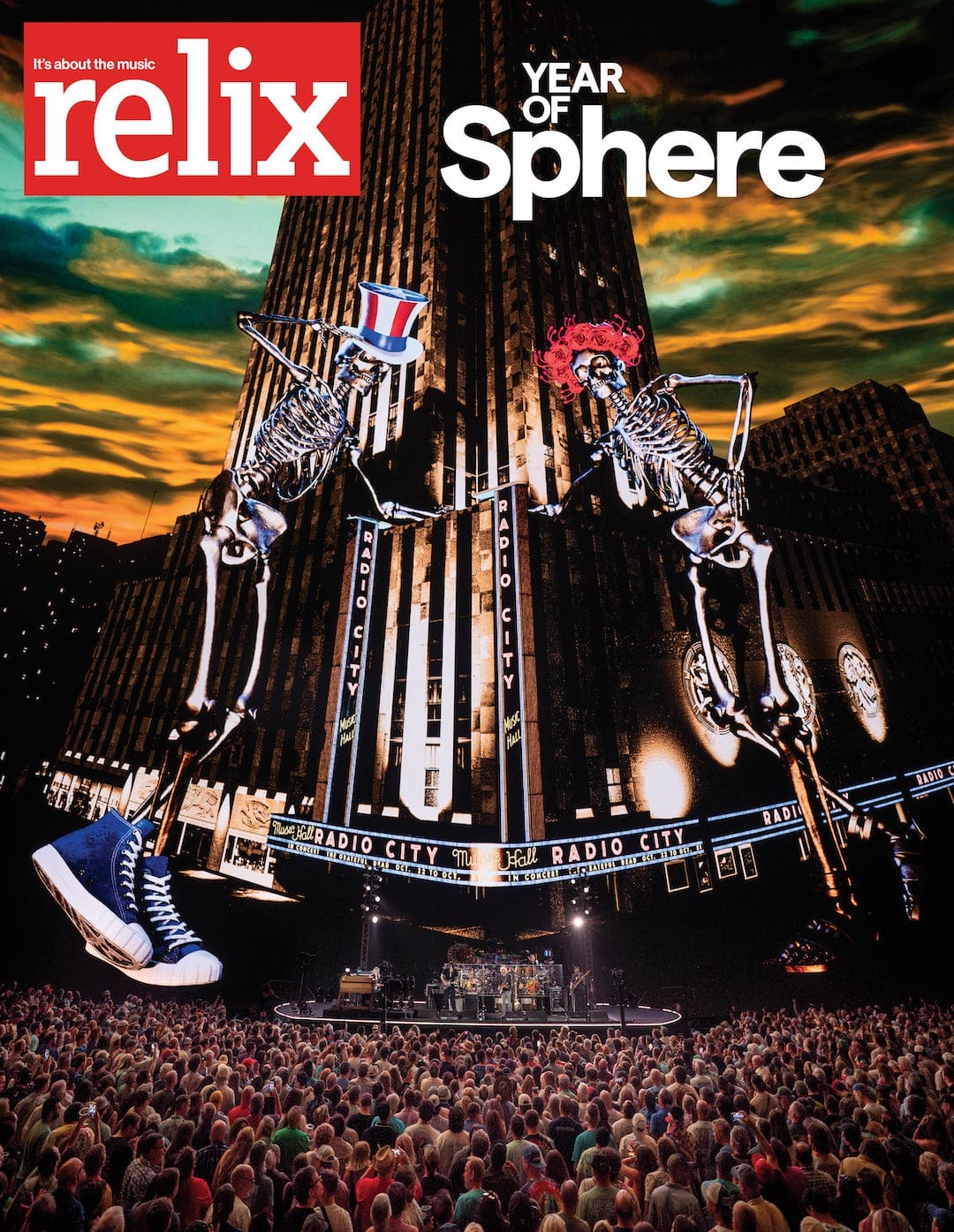Soapbox: Voting With Your Feet (How To Combat High Ticket Prices)

Often times, the first question we get about our book Ticket Masters is also the most obvious: why did we write it?
There were a variety of reasons why we embarked on a project that required nearly three years of effort, at times leaving us holed up in our offices despite the otherwise appealing entreaties of friends and family. One significant overriding factor was a self-interest that you likely share.
We dig live music.
We are engaged and energized by the concert experience and want to do whatever we can to see that worthy bands continue to develop and thrive.
Yet it’s become clear to us, just as it has to many of you, that over the past few years something has gone awry. The cost of concert tickets has escalated beyond the comfort level of many music fans and has continued to rise, borne aloft not only by the soaring base prices but also through a staggering, often-mystifying collection of fees and other add-ons. Not only that but it seems that the average concertgoer increasingly has been shut out of the best seats.
We wrote Ticket Masters to discover for ourselves just what was happening, hoping to ascertain whether the situation is too far gone or whether there’s hope for those of us who want to support a vital, vibrant live music scene.
What became apparent rather quickly was that the concert industry – led by Ticketmaster – encouraged the public’s misunderstanding in an effort to protect the artists who filled its coffers. While the easiest finger for fans to point was at Ticketmaster for high ticket prices and a dearth of seats for in-demand shows, the dynamics of the situation were far more complicated.
While the venues and promoters are certainly complicit, we’ve also come to recognize that your favorite superstar musician may well shoulder some of the blame in charging a month’s worth of rent for a pair of tickets and then taking a kickback on the prime seats they slipped to a broker (which means fewer over-priced tickets for you to grouse about buying).
This is not to say that everyone plays the same game. The good ‘ol Grateful Dead, for instance, unintentionally shaped artists’ ticket allotments when they did a mail-order for their Warfield shows in the spring of 1983, ultimately laying the foundation of the modern fan club, most notably for Phish, Dave Matthews Band and the MusicToday organization. (This is to say nothing of the Dead’s successful battle with Ticketmaster in 1991, in which the group secured the right to sell 50% of tickets despite the company’s exclusive contracts with venues.)
Or take The String Cheese Incident and their (albeit quiet) victory with Ticketmaster for the right to sell their desired amount of tickets directly to fans via their own ticketing company (along with what was determined to be a reasonable allocation for other artists that utilized their system). The band with the funny name did what Pearl Jam couldn’t – and yet hardly anybody knows about the fascinating history of the behind-the-scenes battle.
In July, the trade publication Pollstar reported that while concert revenues were up after 2010’s all-time terrible summer concert season, the average ticket price was up 10-percent to $67.02. While that’s good for artists, promoters and ticketing agencies, it’s lousy for cash-strapped fans in a down economy.
Moreover, the trickle down effect of music-loving consumers going to a few high-priced shows means that smaller bands are selling fewer tickets because fans only have so much expendable income to spend on live music.
What if some of our favorite bands like Phish or Widespread Panic faced the same realities when they were coming up in the scene? Where would they be today?
Although as we detail in Ticket Masters there are multiple factors driving prices beyond the reach of many consumers, we’d like to suggest a rather simple corrective. For the sake of the industry and its long term health: if you think a concert ticket is too expensive, don’t buy it. Every time you do, you’re ratifying that price, telling all of the parties involved from the promoter to the venue to the ticketing agent to the artist that it’s reasonable. So instead of committing that wad of cash, direct your funds elsewhere. Check out an emerging act, perhaps one performing at an alternative venue that handles all of its ticketing in-house or maybe a group you’ve overlooked over the years that makes an effort to hold the line and keep prices sane (and if you enjoy what you hear perhaps buy some merch to support the cause).
This is an instance where you can vote with your feet and the results will resonate well into the future.



















